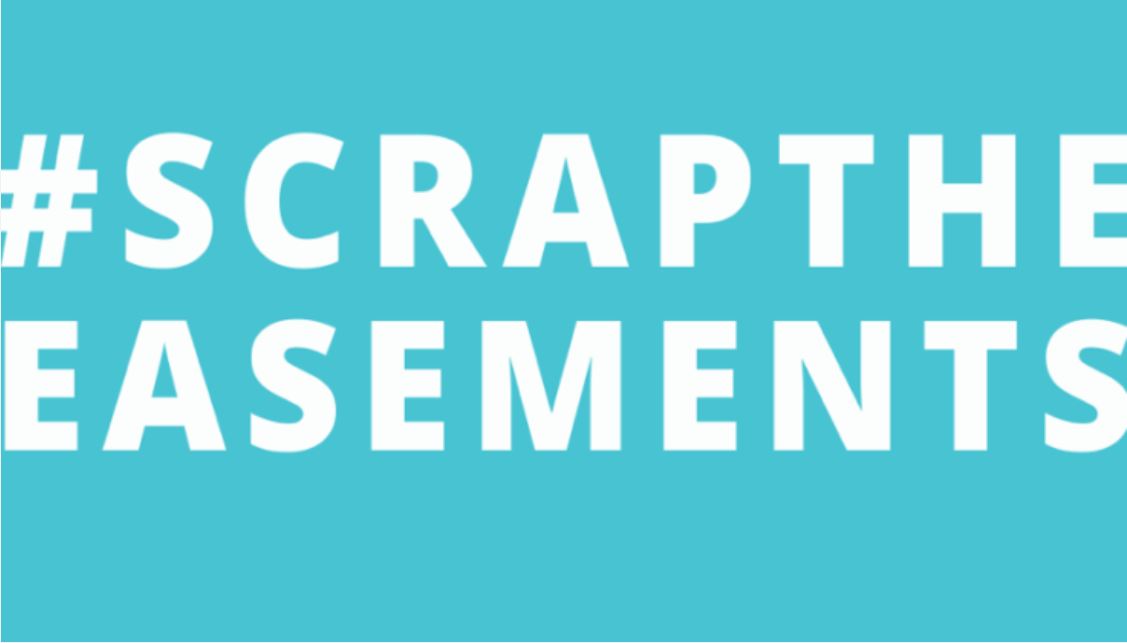
On Thursday 25 March, the Coronavirus Act comes up for review by Parliament after one year in force, with a vote by MPs on whether temporary provisions should be renewed.
Watch the debate in Parliament online here.
We are sharing the open letter co-ordinated by Inclusion London.
27 disability organisations, WinVisible among them, are calling on Matt Hancock and the government to end the powers given to Councils by the Coronavirus Act, and restore our Care Act rights which are suspended under this emergency law.
The Rt Hon Matt Hancock MP
Ministerial Correspondence and Public Enquiries Unit
Department of Health and Social Care
39 Victoria Street
London
SW1H 0EU
Date: Friday 19 March 2021
Dear Mr Hancock,
We are writing today from leading disabled people’s organisations, to ask that you suspend the easement powers for local authorities contained within the Coronavirus Act 2020.
The evidence continues to mount as to the lethal and disproportionate impact this pandemic has had on disabled people. Disabled people have made up almost two thirds of all deaths and people with health conditions including people of colour have been the hardest hit.
As the country moves to the recovery phase it is vital to remove provisions which have potential to diminish disabled people’s rights to care and support and ensure disabled and older people have the support and care they need.
As you will know, Schedule 12 of the Coronavirus Act allows Councils to not comply with certain duties stipulated under the Care Act 2014. This means that when easements are being operated Councils have no duty to meet the needs for care and support, provide assessments or prepare care and support plans for individuals who rely on provision in the community. Since the powers took effect on March 31, eight councils have officially implemented easements. These Councils have all since stopped operating these easements and there are currently no Councils officially operating them and no councils implemented the easements during the second wave of the pandemic.
The Guidance issued to local authorities about the easements emphasised that they must be seen as temporary, that their operation must be kept under review, and that they should be used as narrowly as possible. We ask you to apply these same criteria to your own power over these provisions in the Coronavirus Act.
Sections 92 and 93 of the Coronavirus Act allow for the easement powers granted to local authorities to be suspended by statutory instrument. They can of course be switched back on if deemed necessary by the Secretary of State.
We recognise that local authorities find themselves under unique circumstances and pressure. However, reductions to care put the rights of disabled people at risk and create the opportunity for discrimination to occur. Many of our members and supporters have reported to us the traumatic impact that has resulted from receiving less care and support during the pandemic.
As the country moves into a ‘recovery’ phase, and the Coronavirus Act approaches its second review, now is the time to consider the impact this power has had. At such a strained and worrying time for everyone, this unnecessary power that no Council is even using hangs over the heads of disabled people, causing only anxiety. At the minimum, it should now be switched off.
The pandemic has also shown how important good social care support is for the lives of disabled people. As you know, many working age and younger disabled people rely on social care support to live a life of dignity. We welcome the government’s recognition that a radical reform of social care is needed. We urge you to engage with disabled people and our organisations in developing proposals for the reform to ensure the voice of people who use social care is at the centre of future changes and the reform truly improves support and care for all people who need it.
We look forward to hearing from you.
This letter has been signed by the following organisations:
- Kamran Mallick, CEO, Disability Rights UK
- Tracey Lazard, CEO, Inclusion London
- Adam Gabsi – Chairman of Harrow Association of Disabled people
- Colin Brummage, Chief Executive Officer, Camden Disability Action
- Penny Ledger, Chair: Disability Network Hounslow
- Jamie Renton, Chief Executive, Action Disability Kensington & Chelsea
- Claire Glasman, co-ordinator, WinVisible (women with visible & invisible disabilities)
- Caroline Collier, CEO, Inclusion Barnet
- Becki Meakin, General Manager, Shaping Our Lives
- Jenny Hurst, steering committee of Greenwich Disabled People Against Cuts
- Alan Kerr, Equalities Officer, METRO GAD
- Michael Turner, Policy and Strategy Manager, Merton Centre for Independent Living
- Nick Phillips, London Unemployed Strategies
- Kush Kanodia, CEO & Founder, Global Business Relationships LTD
- Liz Silver, Chair, Nottinghamshire Disabled People’s Movement
- Neana Lawson, Secretary, National Federation of the Blind, Nottingham Branch
- Peter Sands, Chairman of the London Sports Club for the Blind (LSCB)
- National Federation of the Blind of the UK
- Dominic Ellison, CEO, WECIL
- Sandie Burns, CEO DIAL/Disability Peterborough
- Emily Morton, Chief Executive, Disability Sheffield
- Victoria Armstrong, Chief Executive, Disability North
- Michele Scattergood, Chief Executive, Breakthrough UK
- Zeenat Jeewa, CEO, Asian People’s Disability Alliance
- Lynne Turnbull, CEO, Disability Positive
- Laura Horton, Chief Executive, LCIL
- David Buxton, CEO, Action on Disability
